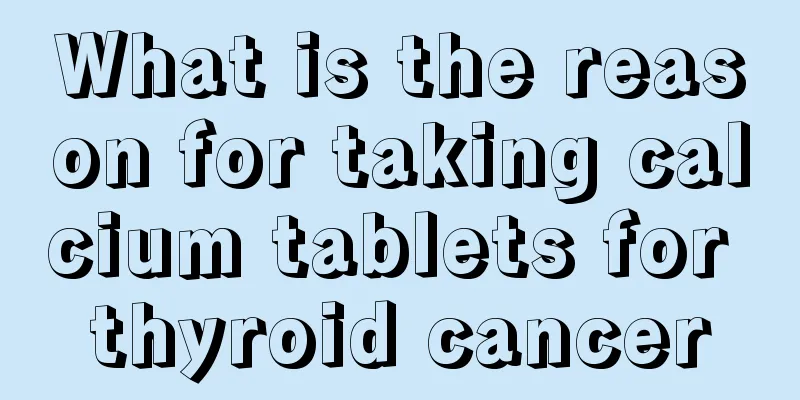Causes of bile reflux Four reasons induce this phenomenon

|
Bile reflux harms people's health and affects their daily life. If there is gastric emptying disorder, it may cause this disease. Another inducing factor is the presence of bacteria in gastric juice. Bile directly contacting the gastric mucosa generally does not cause damage, but it can stimulate the secretion of gastric acid. Bile salts combined with gastric acid can enhance the activity of acid hydrolases, destroy the lysosomal membrane, dissolve lipoproteins and destroy the barrier effect of the gastric mucosa. The reverse diffusion of H+ increases and enters the mucosa and submucosa, which can stimulate mast cells to release histamine, which in turn stimulates the secretion of gastric acid and pepsin, ultimately leading to inflammation, erosion and bleeding of the gastric mucosa. After bile and pancreatic juice are mixed, the lecithin in the bile reacts with the phosphatase A in the pancreatic juice to convert into lysophosphatidylcholine. If it refluxes into the stomach, it can also cause damage to the gastric mucosal barrier. Gastrin can stimulate the proliferation of gastric mucosal cells to strengthen its barrier function and prevent reverse diffusion of H+, but after Billroth II gastrectomy, gastrin secretion decreases by about 50-75%, which may be one of the important causes of this syndrome. Bile reflux into the stomach after gastrectomy is a common phenomenon, but not everyone has symptoms. The cause of the disease may also be related to the following factors: 1. Gastric emptying disorder reflux fluid stays in the stomach for a long time, the pH rises, and aerobic and anaerobic bacteria are more likely to grow in the residual stomach. These bacteria can free bile salts and cause gastric mucosal inflammation, thus causing symptoms. 2. Changes in bile acid composition Gadacz found that people with normal bile acid composition had no symptoms, while those with significantly increased deoxycholic acid often had symptoms. 3. Bacteria exist in gastric juice. Symptomatic patients have Gram-negative bacilli or Pseudomonas in their gastric juice. The use of doxycycline can alleviate the symptoms. However, there are no bacteria in the gastric juice of asymptomatic patients. 4. Sodium concentration in gastric juice: People with sodium concentration exceeding 15mmol/L are prone to gastritis, while those with sodium concentration below 15mmol/L do not have gastritis. |
<<: What are the symptoms of tinea pedis
>>: What are the symptoms of pseudo-condyloma acuminatum?
Recommend
What is down cotton
Down cotton is used in many places in daily life,...
Noodle worms in the fish's belly
The noodle worm in the fish's belly is actual...
What medicine is better for enema for ulcerative colitis
There are many different treatments for ulcerativ...
How to preserve homemade strawberry jam and what are the benefits
Nowadays, many families like to make their own st...
The cause of cervical cancer is occasionally seen in women after menarche
At present, the cause of cervical cancer is not v...
What are the causes of lung cancer? The occurrence of lung cancer is inseparable from these factors
In recent years, the reason why lung cancer is so...
Can I eat mushrooms after removing a mole?
Some dietary taboos need to be paid attention to ...
My stomach makes noises, I fart, pass gas, and have diarrhea
Stomach rumbling, farting, gas and diarrhea may b...
How much does bone cancer treatment cost
How much does bone cancer cost to treat? The key ...
What medicine can cure itching quickly
There are many reasons that can cause itching all...
Occasional stinging pain in the armpit
Our armpits are a special area because they are p...
Common sense on what to do if your knee ligament is torn
The knee ligaments are very tough and are the key...
What is the prognosis of colon cancer dmmr
Colon cancer DMMR is an indicator for predicting ...
Small red spots appear on my face after taking a bath
Many people will have many small red spots on the...
One breast is bigger than the other
A woman's breasts are one of the sexiest part...









